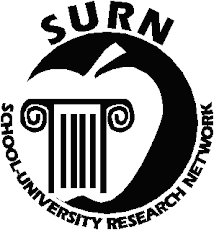
On Tuesday (4/7), I received a notice of an online Q & A with Donalyn Miller, author of the The Book Whisperer: Awakening the Inner Reader in Every Child. I read the Q & A as it was occurring and on Friday (4/10), the book was procured.
I had intended to read the opening pages, but alas that was 1.5 hours ago and now the 227 page book has been marked up with green ink including a couple of notes on the inside front cover. So here are my short notes from the inside front cover notes: easy read; gives teachers ideas for immediate implementation; written in first person so readers can connect with Miller without being overwhelmed with a sense of “well I am not her, so how could I do this.” The book is written to pass those tips worth sharing and empower teachers to create environments in which reading thrives. In short the book connected with me, a former science teacher who used literacy strategies, journal articles, and trade books in the classroom to support instruction. The book is a guide on how to awaken the sleeping reader inside some students and immediately empower voracious readers while honoring everyone between the two extremes.
Donalyn Miller offers alternatives to book reports and read-alouds. She provides insights into how to mine the instructional day for reading opportunities and create a viable and growing library. She candidly shares the ups and downs of her teaching experiences as she journeyed from new teacher to experienced professional. She is currently a sixth grade language arts teacher in Texas. She also writes a blog for Teacher Magazine.





